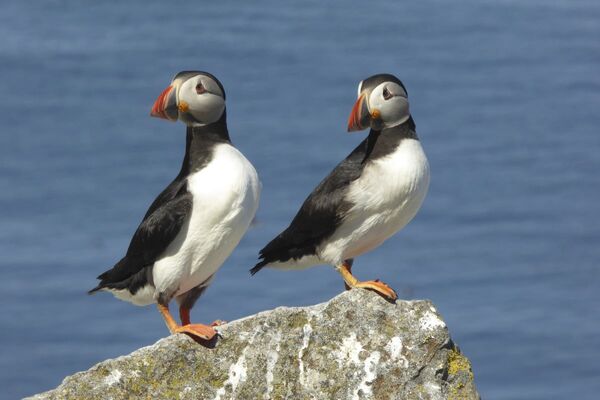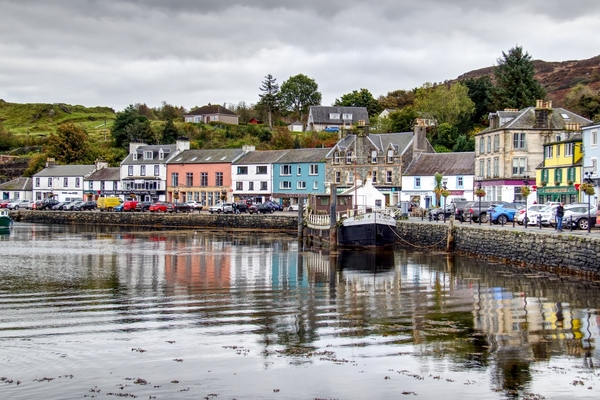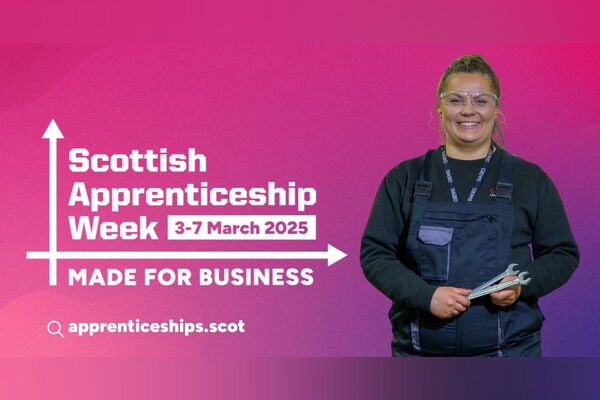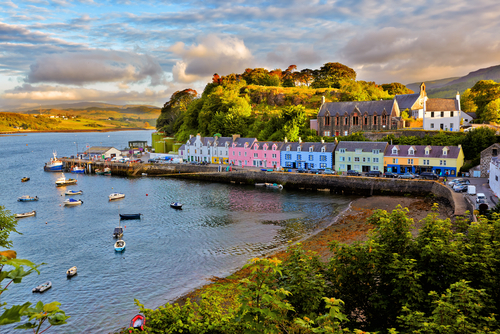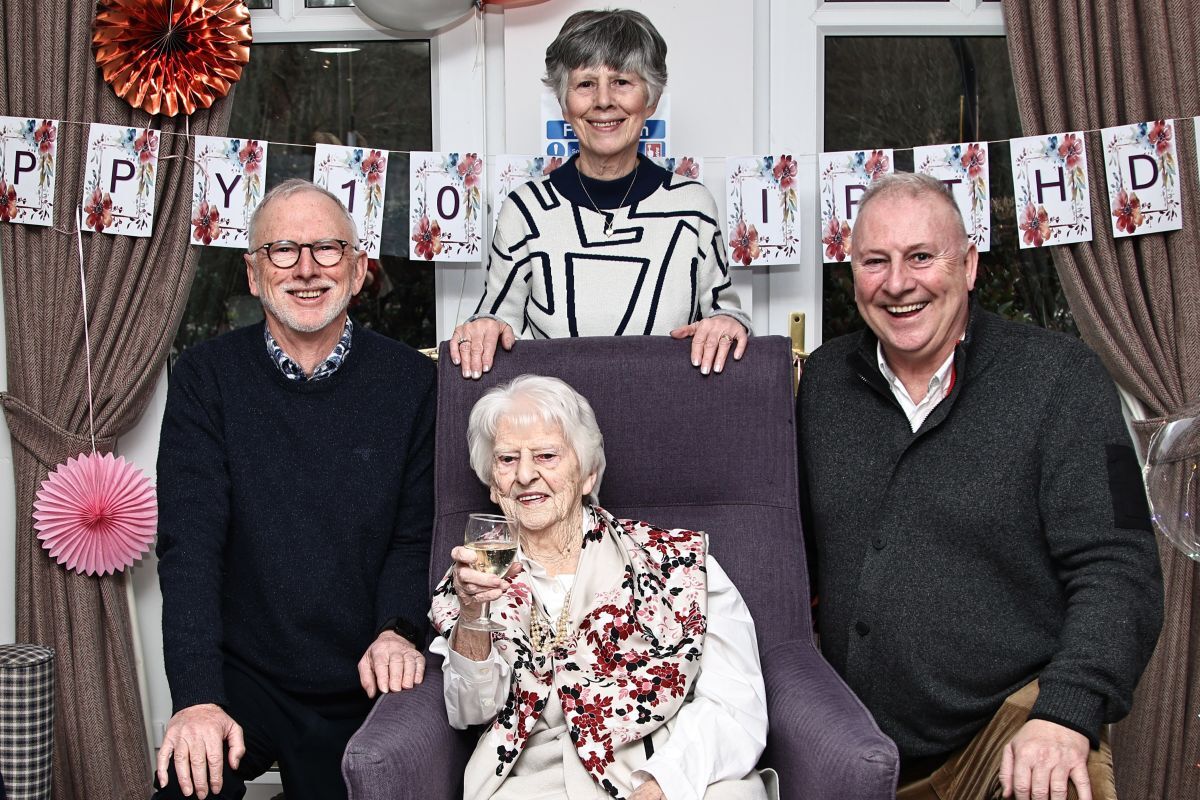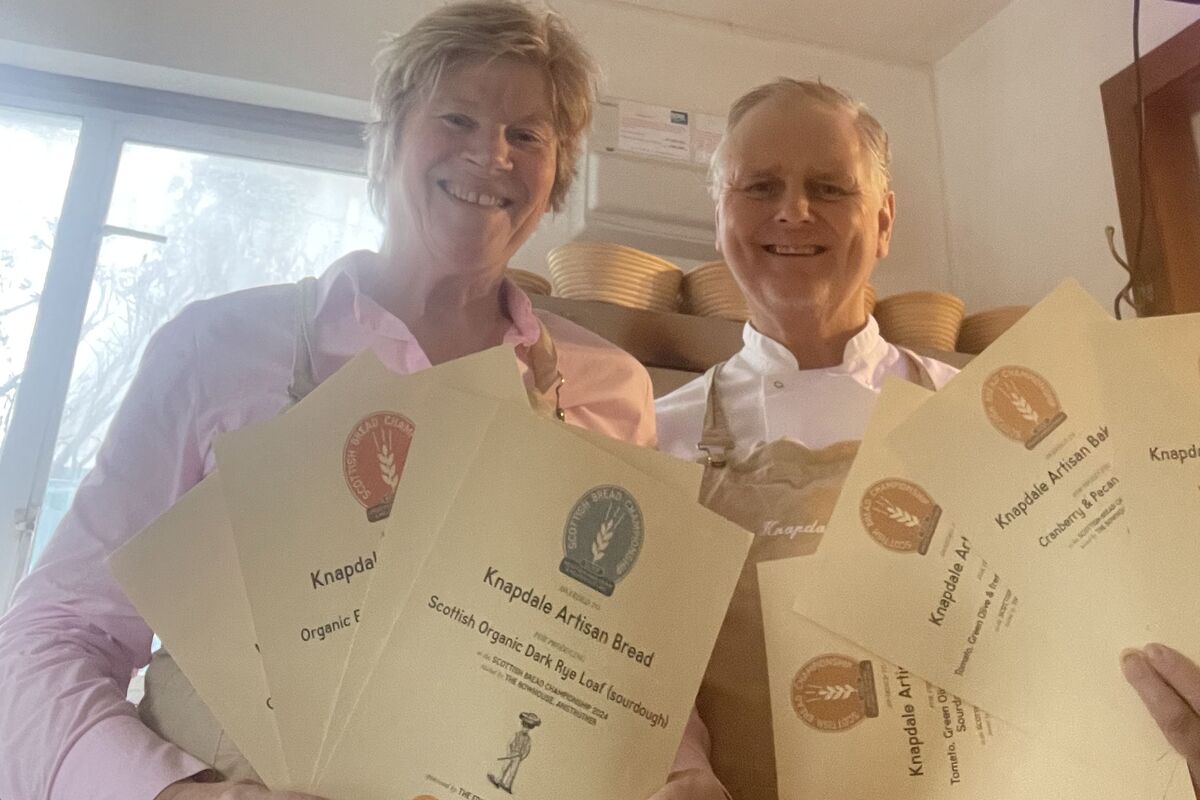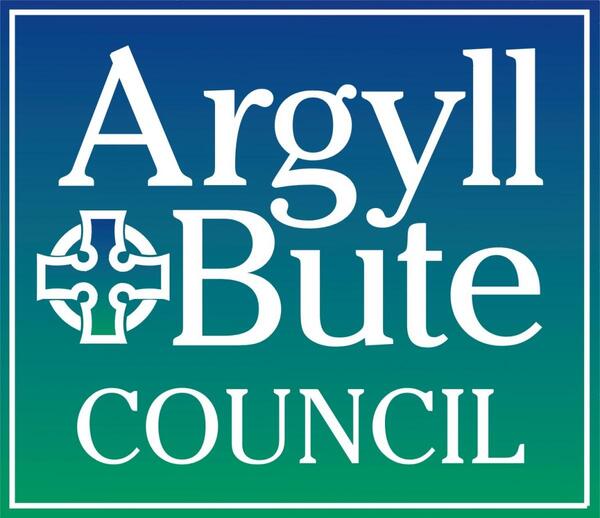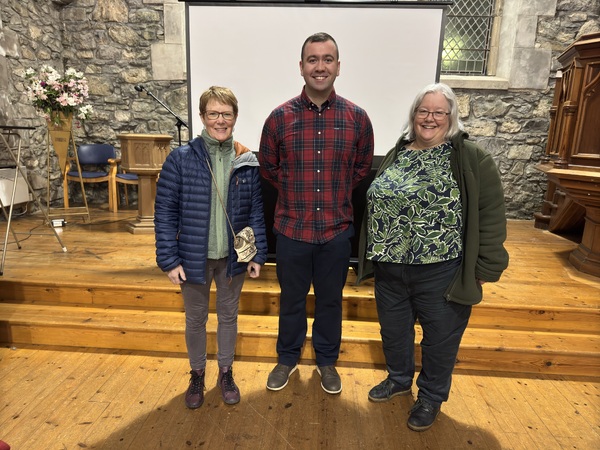Help needed to establish biosecurity programme for island seabirds
Biosecurity for Scotland is calling for all island residents and businesses in Scotland to share their views and help co-design a national island biosecurity programme to safeguard island-breeding seabirds in the long term.
Seabirds face multiple pressures at sea, but on land the biggest threat to them is invasive non-native mammalian predators.
Through measures designed to prevent the spread of invasive predators and to detect and respond early to any that do arrive, biosecurity helps maintain islands as safe places for seabirds to breed.
The programme that they hope to develop will be designed through a participatory approach, inviting Islanders and island organisations to take part.
There will be a series of workshops designed to develop the new biosecurity programme’s actions, and to map out its resourcing needs.
Everyone is welcome to register here and join a workshop to share your views on what should be included in the new programme.
Biosecurity is a critical conservation action for seabirds, especially those that breed in burrows, because these species have no defence mechanisms to protect them from invasive predators.
Invasive predators like rats, stoats and American mink will devastate seabird populations by eating eggs, chicks and even adult birds.
Scotland’s seabirds are internationally important, with significant proportions of global populations breeding here.
For example, around 60 per cent of the world’s Great Skua and over 40 per cent of the world’s Northern Gannet breed in Scotland.
In the UK context, Leach’s Petrel only breeds on islands in Scotland where almost 90 per cent of the UK’s European Storm-petrel and just under 40 per cent of Manx Shearwater populations are also found.
Laura Bambini, RSPB Scotland Senior Seabird Recovery Officer, said: “Biosecurity for Scotland is building a strong partnership of biosecurity stakeholders from the public, private and charitable sectors that together will continue to maintain preventative and early detection measures on seabird islands.
“We are very excited to be part of this huge collaborative effort to safeguard sensitive seabird breeding sites on Scotland’s islands.”
Ellie Owen, National Trust for Scotland’s Senior Seabird Officer, said: “Scotland’s seabird colonies are of global importance, but they are facing unprecedented challenges on our doorstep.
“We all have a unique responsibility to safeguard Scotland’s seabirds from threats such as invasive predators to give them the best chance of survival. With protection measures in place, we can work together to protect Scotland’s seabirds for future generations.”
Mike Bullock, Chief Executive, Northern Lighthouse Board, said: “In the delivery of its vital safety service to protect the lives of seafarers and prevent damage to the precious marine environment across the coastline and islands of Scotland, the Northern Lighthouse Board is very much on the frontline of ensuring that no harm comes to our amazing biodiversity.
“We are very proud to be part of a close partnership with RSPB, NatureScot and the National Trust for Scotland that is not only collaborating to do what is right but is also helping to share best practice and raise awareness of the critical importance of biosecurity."
Sarah Lawrence, NatureScot Marine Ornithology Adviser, said: “We are proud to be part of this collective effort to safeguard Scotland’s internationally important breeding seabirds.
"Invasive predators are a major threat to their numbers, and it is vital we do everything we can to minimise this risk.
“We encourage everyone with an interest in Scotland’s island seabirds to get involved in the workshops.”
The workshops will be held during February-April 2025, with further workshops planned for July-October 2025 to develop a funding strategy for the programme.
Sign up to our daily Newsletter
Permission Statement
Yes! I would like to be sent emails from West Coast Today
I understand that my personal information will not be shared with any third parties, and will only be used to provide me with useful targeted articles as indicated.
I'm also aware that I can un-subscribe at any point either from each email notification or on My Account screen.



